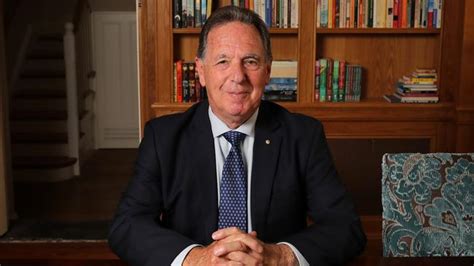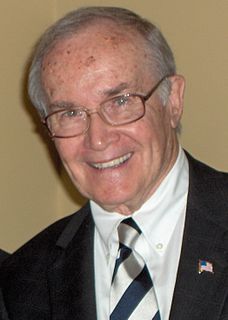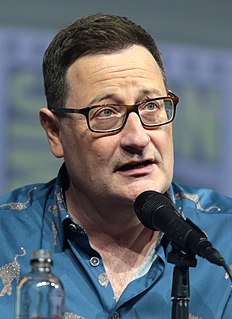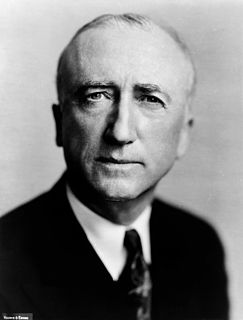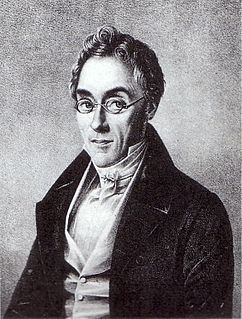A Quote by John Ralston Saul
Now listen to the first three aims of the corporatist movement in Germany, Italy and France during the 1920s. These were developed by the people who went on to become part of the Fascist experience: (1) shift power directly to economic and social interest groups; (2) push entrepreneurial initiative in areas normally reserved for public bodies; (3) obliterate the boundaries between public and private interest -- that is, challenge the idea of the public interest. This sounds like the official program of most contemporary Western governments.
Quote Topics
Aims
Areas
Become
Between
Bodies
Boundaries
By The People
Challenge
Contemporary
Developed
Directly
Economic
Entrepreneurial
Experience
Fascist
First
France
Germany
Governments
Groups
Idea
Initiative
Interest
Interest Groups
Italy
Like
Listen
Most
Movement
Normally
Now
Obliterate
Official
Part
People
Power
Private
Program
Public
Public Interest
Push
Reserved
Shift
Social
Sounds
Three
Were
Western
Related Quotes
Public virtue cannot exist in a nation without private, and public virtue is the only foundation of republics. There must be a positive passion for the public good, the public interest, honour, power and glory, established in the minds of the people, or there can be no republican government, nor any real liberty: and this public passion must be superiour to all private passions.
When governments go too far to punish people for actions that are dissent rather than a real threat to the nation, they risk delegitimizing not just their systems of justice, but the legitimacy of the government itself. Because when they bring political charges against people for acts that were clearly at least intended to work in the public interest, they deny them the opportunity to mount a public-interest defense.
... between government, business, and the public, there is a triangular community of interest. Clearly, it is in business' interest to shape its behavior to prevailing public values; it is more efficient to do so than not to do so. It is also clear that government is the high-cost alternative through which public values are imposed on corporations that do not accurately perceive these values.
To attach full confidence to an institution of this nature, it appears to be an essential ingredient in its structure, that it shall be under private and not a public direction-under the guidance of individual interest, not of public policy; which, would be . . . liable to being too much influenced by public necessity.
The Open Market Committee, as presently established, is plainly not in the public interest. This committee must be operated by purely public servants, representatives of the people as a whole and not any single interest group. The Open Market Committee should be abolished, and its powers transferred to the Federal Reserve Board - the present public members of the committee, with reasonably short terms of office.

